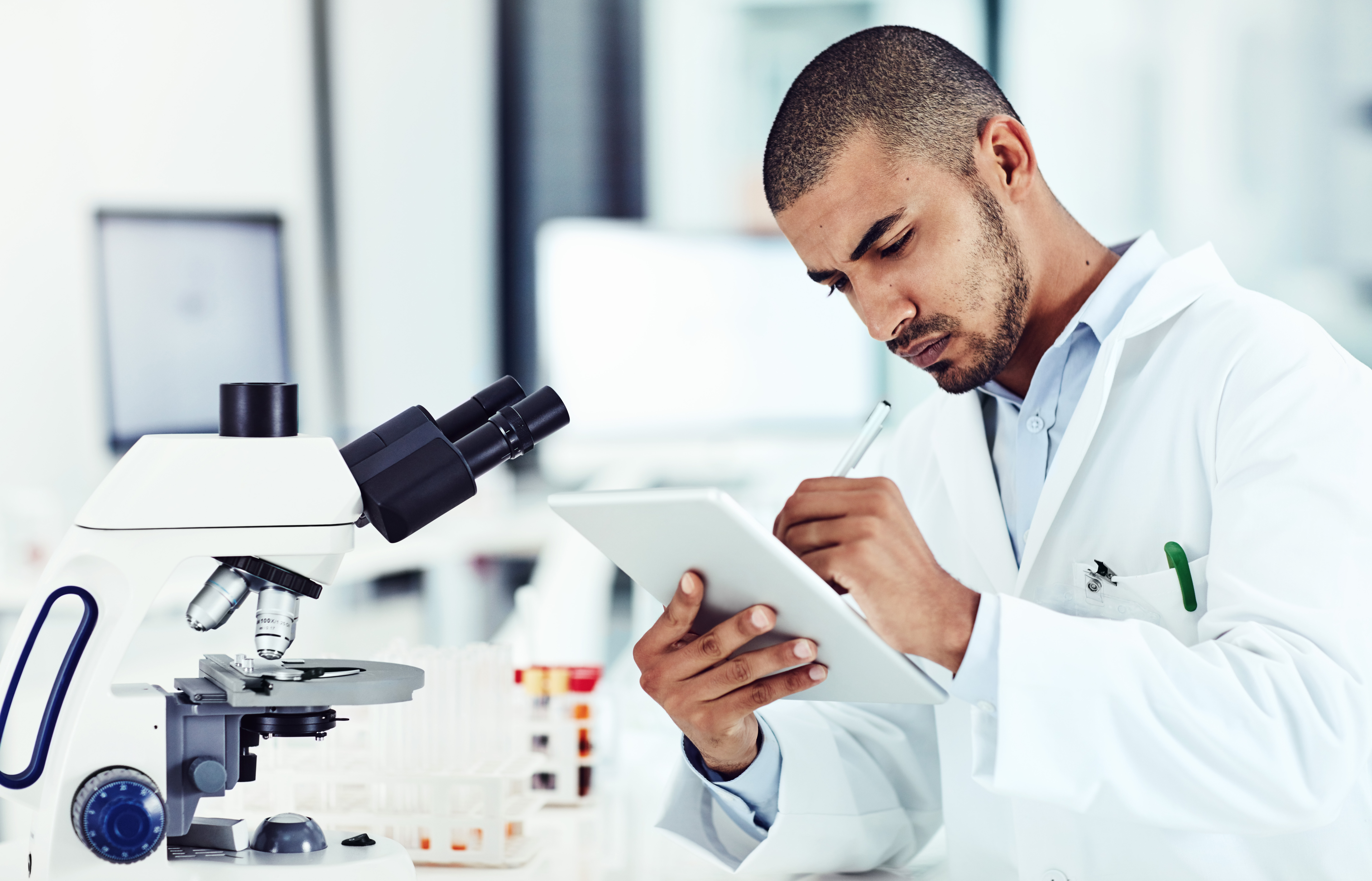Scientific data management systems (SDMS): a revolution in the laboratory world
In the current fast-paced scientific landscape, efficient data management solutions are essential. Scientific data management systems (SDMS) are at the heart of this ongoing digital revolution. SDMS enable laboratories to manage their data more efficiently while ensuring regulatory compliance.
Scientific data management systems (SDMS)
Sep 11, 2023 11:45:00 AM / by Paul Planje posted in LIMS, Platform, Digital transformation, Digitalization, iLES, Informatics
The Digital Lab
Aug 7, 2023 11:45:00 AM / by Paul Planje posted in Platform, Digital transformation, Digitalization, iLES
In today's world, where digitization is becoming increasingly important in all areas of life, laboratories in Europe must also succeed in making the transition to a data-driven way of working. A major challenge, especially and particularly for small laboratories. This is exactly where iLES comes in, a platform that helps labs master the transition to the digital world.
iLES, the iVention Lab Execution System, is an innovative platform that offers a wide range of features for the digital lab of the future. iLES seamlessly integrates laboratory information systems (LIMS), electronic laboratory notebooks (ELN), scientific data management systems (SDMS) and data management systems (DMS) on one user-friendly platform.
The main mission of iLES is to help laboratories optimize their workflows and improve their efficiency and quality. The platform enables laboratories to work seamlessly collaboratively on upcoming projects in a completely paperless manner across multiple locations.
A major benefit of iLES is its ability to build bridges between the so-called "islands of data" that are still far too often created in today's labs. Data islands occur when data is stored in isolation in different systems or departments and is not linked together. This can lead to inefficiencies and impact a lab's ability to make informed decisions. iLES solves this problem by providing a centralized platform where all data can be collected, analyzed and managed.
The use of iLES brings with it numerous new approaches to solving the problem:
Entities: The invisible heroes of laboratory automation
Jul 12, 2023 11:45:00 AM / by Paul Planje posted in LIMS, Lean Lab, Digitalisation, Digital transformation, Digitalization, Cloud Technology
In the complex world of laboratory automation, machines, software and data work together seamlessly to produce precise and efficient results. Entities" play a crucial role in this network. In this context, entities are defined units of data or information that are used in automated laboratory processes. They can be as simple as a single measured value or as complex as a complete patient profile.
Entities are essential for increasing the efficiency of laboratory processes. By identifying and categorizing data into entities, laboratory systems can process information faster and more accurately. For example, an automated system can recognize an entity defined as "blood glucose level" and process it accordingly to provide accurate test results.
The future is now: LEAN Lab in 2023
Jun 12, 2023 11:45:00 AM / by Paul Planje posted in Lean Lab, Platform, Digital transformation, Digitalization
In the digital age, the concept of the lab has fundamentally changed. One of the most innovative concepts to emerge in recent years is the LEAN Lab. But what exactly is a LEAN Lab and why is it more relevant than ever in 2023?
LIMS with SAP interface
Mar 6, 2023 11:45:00 AM / by Paul Planje posted in Platform, Digital transformation, Digitalization, Data Science, Cloud Technology
What are the benefits for your lab?
The digital laboratory of the future relies on automated technologies to improve laboratory efficiency, productivity and overall research quality. The focus is often on connectivity between an existing ERP system and LIMS. LIMS stands for "Laboratory Information Management System." A LIMS is software used by laboratories to manage and organize processes and data related to laboratory activities. LIMS can encompass a variety of functions, such as sample and test management, workflow monitoring, results tracking, laboratory inventory management, reporting, and regulatory compliance. By using LIMS, laboratories can make their work more efficient and accurate by automating manual processes, standardizing data collection, improving traceability of samples and results, and enhancing quality assurance through automated controls and audits.
One of the key benefits of SAP interfaces to LIMS in the digital lab is the improvement of data integration and analysis. ERP systems can collect, manage and integrate data from different laboratory systems to generate unified data. This helps companies make decisions based on sound data. Integrating laboratory and business data provides companies with a comprehensive view of their operations and helps them respond quickly to changes in the market.
Another important function of ERP systems is to optimize business processes. The integration of laboratory systems with SAP ERP systems simplifies the process of collecting and analyzing laboratory data. Automating routine tasks and workflows in laboratory systems and ERP systems saves time and resources and reduces errors. By automating processes, companies can also reduce costs by minimizing manual intervention and repetition.
SAP interfaces to LIMS also allow for improved traceability. Integrating LIMS with ERP systems improves traceability of materials and processes from raw material extraction to final product. This helps companies quickly identify and resolve quality issues and avoid product recalls.
What's your experience in the lab? Have you had any experience connecting LIMS to your ERP? Write us about your experiences - we look forward to a constructive exchange!





